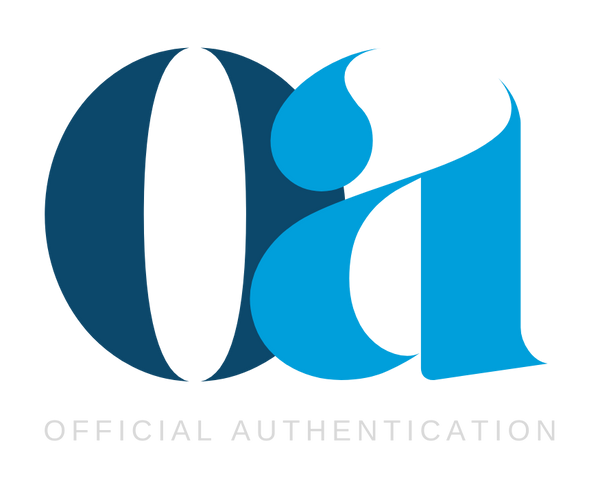Image: Purseblog
Celine stands as one of France's most distinguished luxury fashion houses, embodying seven decades of exceptional leather craftsmanship and timeless elegance. From its humble beginnings as a children's shoe boutique to its current status as an LVMH powerhouse, Celine's rich heritage provides crucial insights that pro authenticators rely upon when verifying genuine pieces in today's luxury marketplace.
The Foundation of Excellence: Celine's Early Years (1945-1960s)

In 1945, Céline Vipiana opened her first boutique on rue de Malte in Paris, initially specializing in made-to-order children's shoes. This foundation in meticulous craftsmanship would become the cornerstone of the brand's identity. By the 1960s, Vipiana expanded into women's shoes and subsequently luxury leather goods, establishing the precise construction techniques and attention to detail that pro authenticators examine today.
The brand's early signature elements—including the distinctive stitching patterns, leather selection processes, and hardware finishes—were established during this formative period. Vipiana's commitment to traditional French leather working methods created a manufacturing DNA that remains consistent across authentic Celine pieces. These foundational characteristics, from the specific way seams are reinforced to the particular grade of hardware used, became the authentication markers that experts rely upon when distinguishing genuine articles from counterfeits.
Celine's transition to luxury handbags in the 1970s marked a pivotal evolution. The introduction of the Classic Box bag and the establishment of the brand's iconic triomphe logo created lasting design elements that authentication specialists use as primary verification points.
Creative Evolution Under Influential Directors

The 1987 LVMH acquisition transformed Celine into a global luxury powerhouse while preserving its artisanal heritage. This period introduced systematic quality control measures and documentation processes that modern authentication experts reference when verifying piece authenticity.
Michael Kors's tenure as creative director (1997-2004) brought American sportswear influences on French luxury craftsmanship. His designs introduced new hardware styles, seasonal color palettes, and construction methods that created distinct authentication markers for pieces from this era.
Phoebe Philo's transformative leadership (2008-2018) elevated Celine to unprecedented heights. Her minimalist aesthetic redefined luxury handbag design through pieces like the Luggage Tote, the Trapeze, and the Classic Box revival. Philo's emphasis on architectural silhouettes, premium Italian leather sourcing, and innovative closure mechanisms created highly specific authentication criteria. The precise measurements, weight distributions, and finishing techniques from this era require deep expertise to verify accurately.
Hedi Slimane's appointment in 2018 marked another evolutionary chapter, introducing new logo variations and expanding into ready-to-wear categories. Understanding these transitional periods proves essential for authentication professionals, as each creative director's influence created distinct manufacturing signatures and design philosophies.
Celine's Contemporary Legacy and Authentication Significance

Today, Celine maintains its position among the world's most coveted luxury brands, with pieces commanding significant resale values that make authentication expertise increasingly vital. The brand's commitment to traditional craftsmanship, combined with innovative design evolution, creates complex authentication challenges that require comprehensive brand knowledge.
Understanding Celine's heritage enables authentication professionals to identify period-specific characteristics, verify construction methods, and recognize the subtle details that distinguish authentic pieces across different eras. This historical context proves invaluable in today's luxury resale market, where discerning consumers depend on expert verification to protect their investments in authentic luxury goods.
Celine's enduring legacy demonstrates how French luxury craftsmanship traditions continue to influence modern fashion, making brand heritage knowledge an indispensable tool for authentication specialists and luxury enthusiasts alike.

